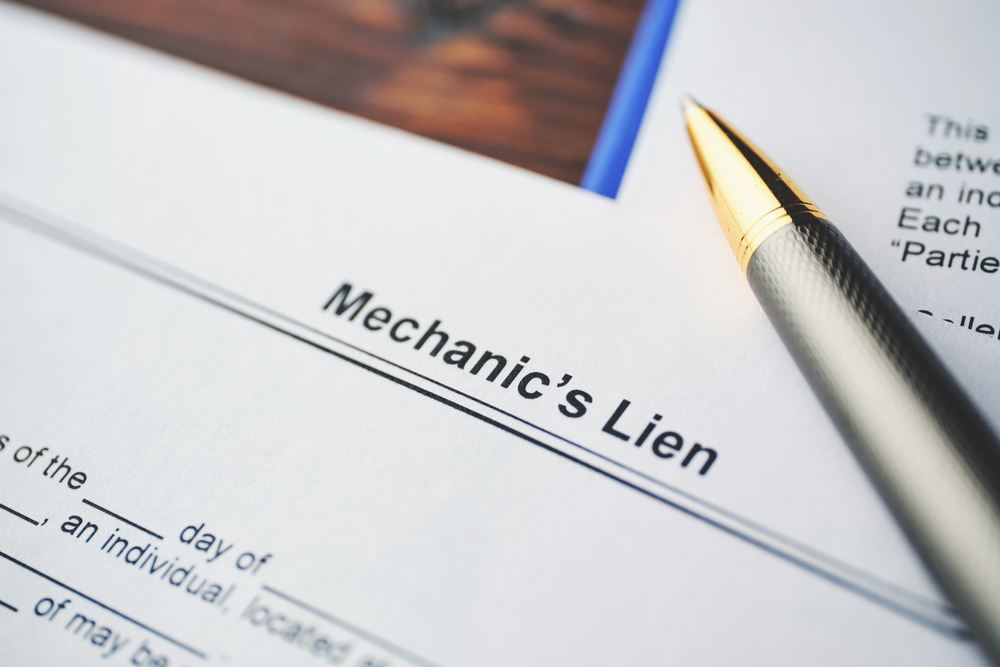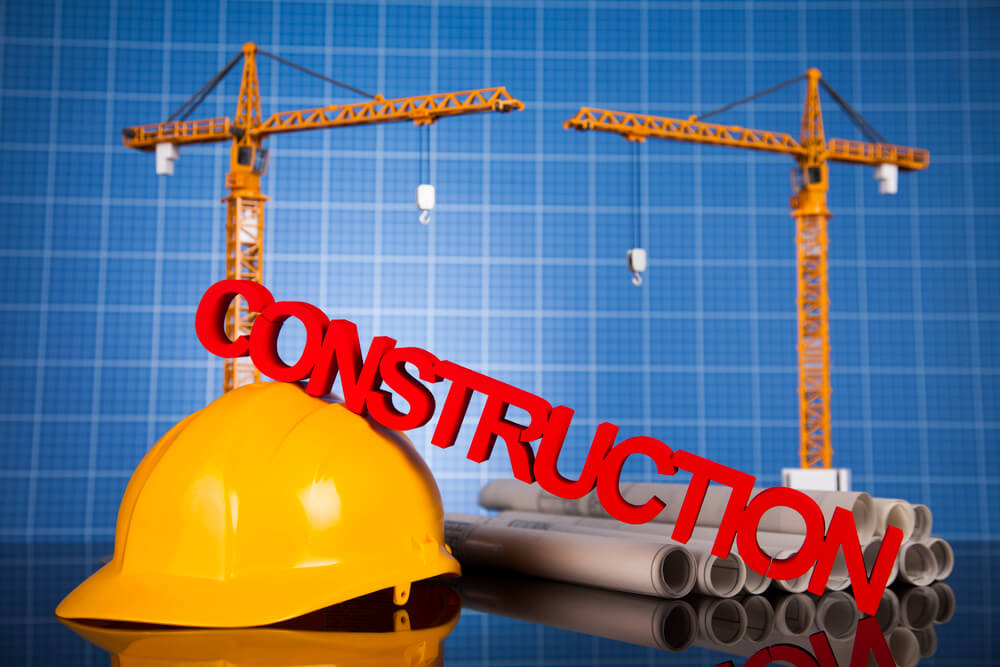

I think a lot of contractors are afraid of indemnification provisions because they do not know what they mean and how they are supposed to work. The general idea behind indemnification in construction contracts is that you are responsible for any damage you cause and any injuries to your subcontractors or employees. This basic idea makes sense and is the reason you have insurance and worker compensation.
Let me give you a couple of examples of what indemnity looks like. I once represented a painting contractor who had to indemnify a general contractor from the claims of a person who had parked their car on the street while they were painting the exterior of a house and accidentally got overspray on the person’s car.
This was a situation where it was clear that my client caused damage that they were responsible for. My client chose to pay the person in cash instead of filing a claim on their insurance.
In another situation, my client was installing light fixtures inside a house when they accidentally hit the fire sprinkler system and flooded the house. This was clearly damage caused by my client that they were responsible for taking care of, they filed a construction claim on their insurance to pay for the damages.
The basic idea behind a construction contract indemnification clause is completely reasonable, If you cause damage or one of your workers gets hurt, you are responsible.
Where this reasonable idea has been stretched to something completely unreasonable in construction contracts is when the indemnification clause tries to make you responsible for damages caused by an owner or a general contractor.
For example, you are a stucco subcontractor, and the general contractor agrees to provide the scaffolding. At some point during the project, the scaffolding fails and some of your subcontractors are hurt. Anything resulting from this incident should be the general contractor’s responsibility. If you signed an indemnification provision that says you are responsible for the acts or negligence of the general contractor, you will be responsible for this, which may not be covered by your insurance.
The subcontractor shall indemnify and hold harmless the Owner and general contractor for all damages, losses, or claims that arise as a result, in whole or in part, from the negligence, error, omissions, or failure to perform by the subcontractor, his employees, or his agents.
Now I know in general indemnity clauses in subcontracts are more intense than what is listed above, but the main thing to look out for is the indemnification of other people. You should try to remove anything that makes you responsible for the actions, inactions, negligence, or intentional actions of the owner or the general contractor.
Most states have laws against making you indemnify other people’s actions, meaning that even if your subcontract states you would be responsible for the actions of the general contractor or the owner, it would not be enforceable, so why bother to fight about it? Give us a call and we can tell you if the laws of your state make this provision unenforceable.
At The Cromeens Law Firm, we have extensive knowledge and understanding of construction contract laws and are licensed in Texas, Georgia, and California. We are often able to solve contract disputes for our clients through informal negotiations, mediation, or arbitration. Work with us to equip yourself with the ability to properly evaluate your risks before you sign and negotiate your next subcontract with greater confidence and ease.
This article is intended as a general educational overview of the subject matter and is not intended to be a comprehensive survey of recent jurisprudence, nor a substitute for legal advice for a specific legal matter. If you have a legal issue, consult an attorney.
Karalynn Cromeens is the Owner and Managing Partner of The Cromeens Law Firm, PLLC, with over 17 years of experience in construction, real estate, and business law. A published author and passionate advocate for contractors, she has dedicated her career to protecting the businesses her clients have built. Karalynn is on a mission to educate subcontractors on their legal rights, which inspired her books Quit Getting Screwed and Quit Getting Stiffed, as well as her podcast and The Subcontractor Institute.

